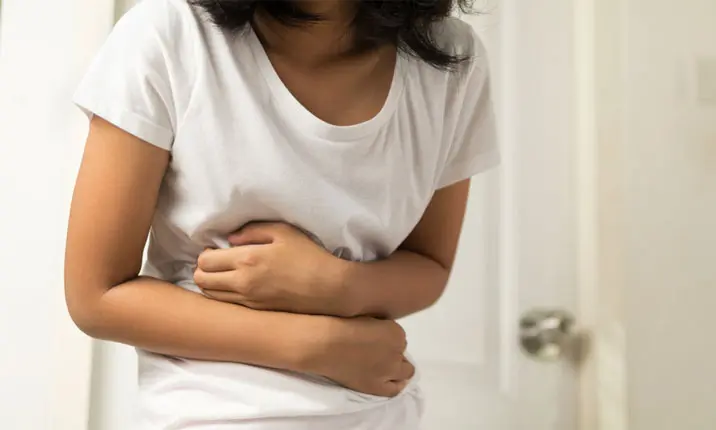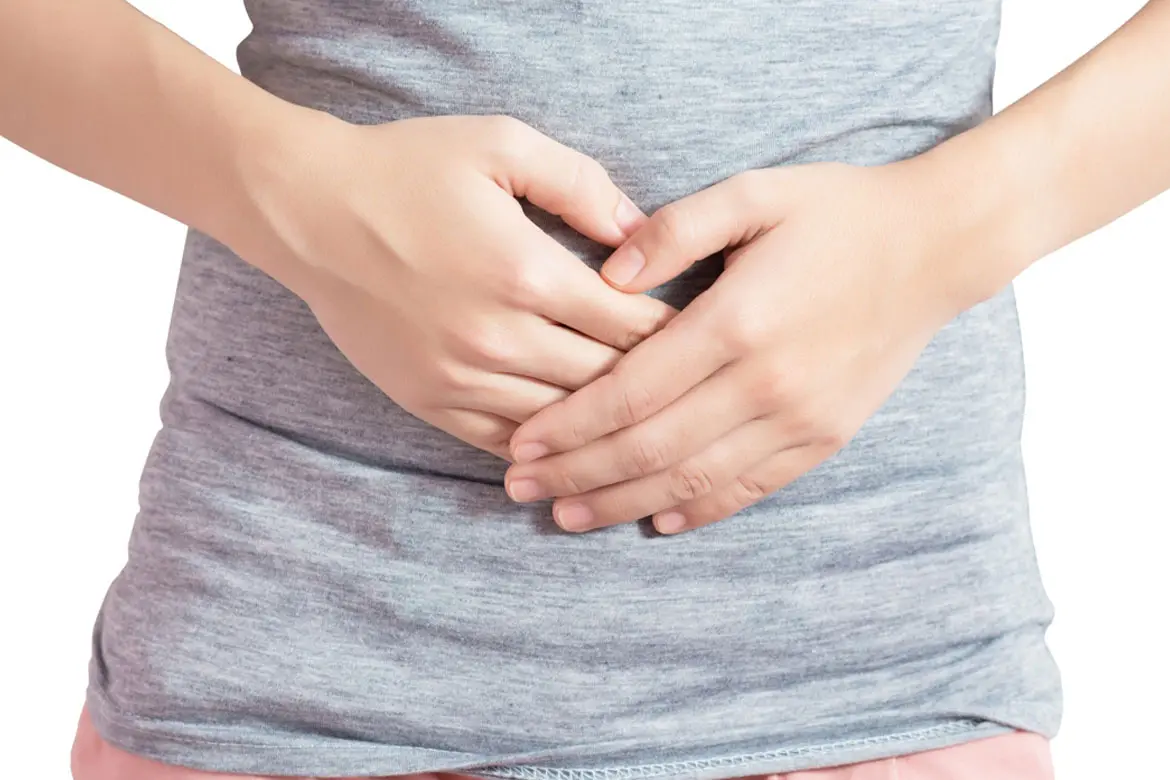What do gynaecologists do?
Gynaecologists specialise in managing women’s conditions associated with the female reproductive system, and not just childbirth.
These conditions include:
- menstruation irregularities or painful periods
- hormonal imbalances and menopause issues
- common growths of the womb and ovary known as fibroids and ovarian cysts
- bothersome vaginal discharge and infections
- urinary disturbances and womb prolapse
- cancer prevention of the female reproductive system
Differences between gynaecologists and obstetricians
Obstetricians specialise in helping women through their pregnancies and childbirth. They ensure both mother and baby are in good health throughout the pregnancy.
Though most gynaecologists also take care of pregnant women, some gynaecologists do not see pregnant women. These gynaecologists usually have advanced training in their field of sub-speciality and will focus on core areas, such as:
- Minimally invasive surgery to undertake surgery through small keyhole cuts
- Reproductive medicine and subfertility
- Urinary problems and womb prolapse, called urogynaecology
- Cancer management
Common medical issues that gynaecologists treat
The common medical issues that gynaecologists treat are:
Menstruation issues
A woman's menstrual cycle is an indicator of how healthy her reproductive system is. Symptoms such as irregular menstrual cycle, excessive menstrual flow or severe menstrual pain may be signs of an underlying condition such as endometriosis, polycystic ovarian syndrome or premature menopause. This is where a gynaecologist will be able provide an accurate diagnosis and propose a suitable treatment plan. In most cases, medication alone will be able to help regulate the menstrual cycle and get it back on track.
Ovarian cysts
It is common for fluid-filled sacs known as cysts to grow on the surface of the ovaries. These cysts are usually benign and go away on their own without any medical intervention. Most times, women won’t even realise that they were there.
However, some ovarian cysts can grow larger in size and cause pressure symptoms or pain. Pain and discomfort are among the key symptoms women will notice and seek medical attention for. In some instances, your gynaecologist might need to surgically remove these cysts.
Fibroids
Fibroids are the most common benign lumps that develop within the walls of the uterus. Close to 70% of women can have fibroids, with most of them being small and not requiring treatment. Although they are non-cancerous, they may still cause significant problems if they grow in size. They may lead to symptoms such as pressure in the pelvis and heavy menstrual bleeding. Large fibroids may also affect fertility. A gynaecologist will be able to provide you with all the treatment options for fibroids with regards to future pregnancy.
Urinary incontinence
Urinary incontinence refers to uncontrollable leakage of urine during normal activity like coughing, laughing and jumping. While it is more common in older women who had given birth vaginally, it can also present in other other women of all ages. In some cases, the incontinence is associated with the sensation of the womb dropping downwards. This is a possible sign of womb prolapse. A urogynaecologist will be able to help manage urine incontinence and womb prolapse.
When to see a gynaecologist
Girls aged 13 – 15 years can consider making their first appointment with a gynaecologist for general consultation on women's health, the menstrual cycle and, in some cases, facts about fertility and infection prevention.
From the age of 25, women can start seeing a gynaecologist for a women's health screening, pelvic ultrasound and PAP smears. They should return for annual checks if they are sexually active, as well as for regular PAP smears every 3 years. In between the annual checks, a gynaecologist can be consulted if unusual symptoms are experienced, like:
- Heavy and irregular menstrual cycles
- Menstrual pain or pain during sexual intercourse
- Pelvic discomfort and pressure symptoms
- Abnormal vaginal discharge
Women around the age of 40 - 50 can consult a gynaecologist to screen for fibroids, ovarian cysts or discuss issues relating to perimenopausal adjustments.
Schedule an appointment to consult your gynaecologist for a women's health assessment today. You will be reassured when all tests are normal and thankful when a condition is detected early.













